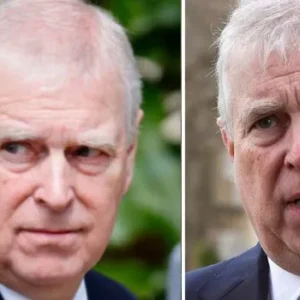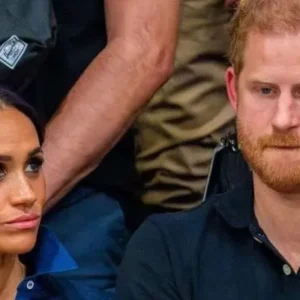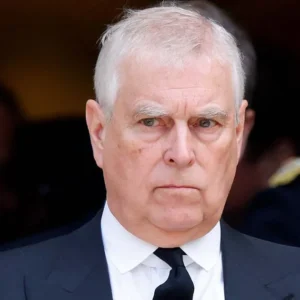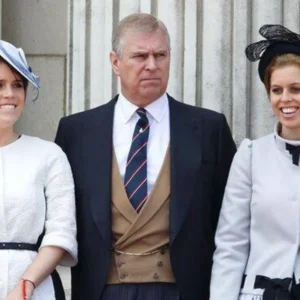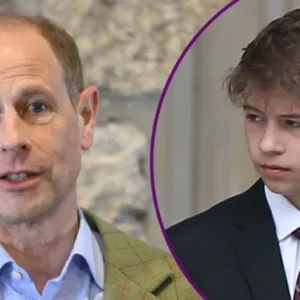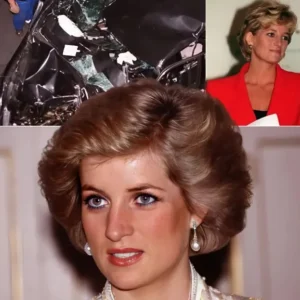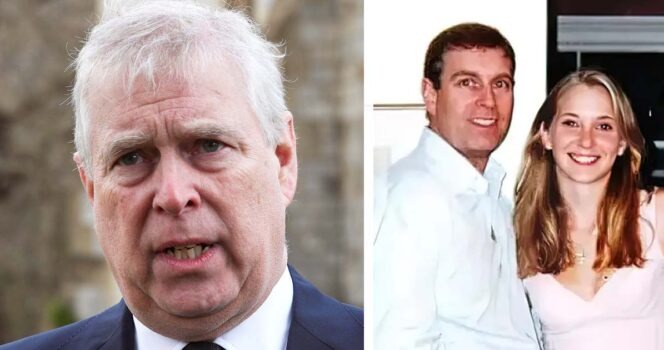
In the years since the controversy surrounding Prince Andrew’s association with the late financier Jeffrey Epstein first emerged, the Duke of York has seen his public life completely transformed. Once an active working member of the British royal family, Prince Andrew now lives largely out of the spotlight, stripped of his royal duties and honorary titles as the monarchy continues its effort to move forward under the reign of King Charles III.
Recent renewed media attention, sparked by the release of new books and ongoing public discussion, has once again placed Andrew’s past conduct under scrutiny. While many allegations remain unproven, official actions taken by Buckingham Palace in recent years have made clear that the royal household is determined to maintain accountability and transparency.
Official Actions from Buckingham Palace
In January 2022, Buckingham Palace confirmed that Prince Andrew had been stripped of his royal patronages and military titles, and would no longer use the style “His Royal Highness” in any official capacity. According to statements issued by the Palace and widely reported by BBC News and The Guardian, the decision followed ongoing public concern surrounding Andrew’s connection to Jeffrey Epstein, a convicted sex offender who died in U.S. federal custody in 2019.
This move marked one of the most significant disciplinary actions ever taken against a senior member of the royal family in modern times. It effectively ended Andrew’s public role and formal representation of the Crown, signaling a new era of accountability within the royal household.
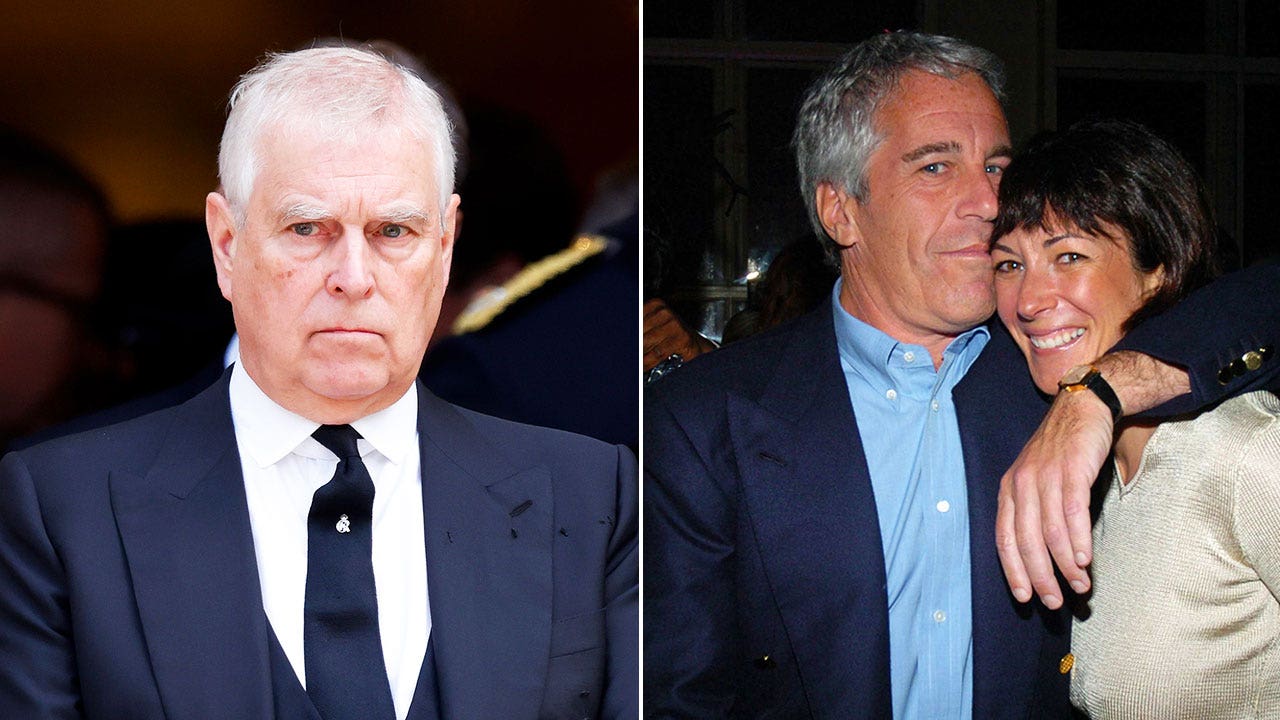
Prince Andrew’s Current Status
Following his legal settlement with Virginia Giuffre — reached in early 2022 without admission of liability — Andrew has maintained a private lifestyle away from public engagements. Reputable news outlets such as Reuters and Sky News report that he continues to reside at the Royal Lodge in Windsor, though discussions regarding his long-term accommodation have been ongoing.
Since his withdrawal from royal duties in 2019, Prince Andrew has made only rare appearances at family events, including the funeral of Queen Elizabeth II in 2022 and King Charles III’s coronation in 2023. The Palace has consistently emphasized that his presence at such occasions is as a member of the family, not as a representative of the monarchy.
Recent Books and Renewed Media Attention
In recent months, new royal biographies and media reports have reignited public interest in Andrew’s past association with Jeffrey Epstein and Ghislaine Maxwell. Among these is The Windsor Legacy, written by royal commentator Robert Jobson, which examines the reputational challenges facing the monarchy.
While the book includes anecdotes reportedly attributed to unnamed palace sources, Buckingham Palace has maintained a firm policy of not commenting on unauthorized publications. This stance aligns with the institution’s long-standing approach to media speculation — emphasizing that only official statements or court-verified documents reflect the Palace’s position.
Media experts note that stories involving anonymous claims or unverified private details should be approached with caution. Without independent corroboration, such allegations remain unsubstantiated and should not be interpreted as fact. Reliable outlets including The BBC, The Telegraph, and Associated Press have stressed that much of what is published in unofficial biographies relies heavily on second-hand sources and cannot be confirmed by official channels.
The Broader Context: The Epstein Connection
Jeffrey Epstein’s criminal activities have had far-reaching consequences, implicating several high-profile individuals around the world. According to U.S. court records, Epstein was convicted of sex trafficking offenses and had numerous powerful social connections, including business leaders, politicians, and public figures — among them Prince Andrew.
The Duke of York has consistently denied any wrongdoing or illegal behavior. His name surfaced in civil legal proceedings in the United States, but no criminal charges were ever filed against him. In February 2022, Andrew reached an out-of-court settlement with Virginia Giuffre, one of Epstein’s accusers, avoiding a civil trial.
Legal experts, as reported by The New York Times, explained that the settlement did not represent an admission of guilt but was instead a means to bring an end to prolonged legal and media scrutiny. Buckingham Palace subsequently reaffirmed its commitment to supporting victims of abuse while maintaining that the matter was now closed.
King Charles III’s Efforts to Preserve the Monarchy’s Integrity
Under King Charles III’s leadership, the British monarchy has pursued a more streamlined and transparent image. The decision to permanently remove Prince Andrew from public life has been widely interpreted as part of this broader modernization effort.
Royal historians, including Professor Anna Whitelock of City University London, have noted that this approach aligns with Charles’s goal of focusing the royal family on active service and public duty. “There is a clear intent to restore public trust by ensuring that all members are held to consistent ethical standards,” Whitelock told BBC Radio 4 in an interview earlier this year.
The monarchy’s commitment to distancing itself from controversy reflects an awareness of shifting public expectations. In the digital age, where scrutiny is constant and global, maintaining institutional credibility is more important than ever.
Public Perception and the Path Forward
Public opinion polls conducted by YouGov UK over the past two years show a continued decline in Prince Andrew’s favorability ratings among British citizens. However, there is also evidence of a desire for closure and for the royal family to move beyond past controversies.
For many observers, the handling of Prince Andrew’s case demonstrates the monarchy’s evolving ability to adapt to public accountability. Transparency, cooperation with legal processes, and acknowledgment of public sentiment have become essential to the institution’s longevity and relevance.
While Andrew no longer performs royal duties, reports suggest he remains in contact with family members, particularly Princess Beatrice and Princess Eugenie, who continue their charitable and social work. Both daughters have publicly expressed love and support for their father while maintaining their own independent public roles.
Media Responsibility and the Importance of Verified Information
The renewed wave of books and articles surrounding Prince Andrew serves as a reminder of the crucial distinction between journalism grounded in fact and speculation based on rumor. Responsible reporting requires adherence to verified evidence, court documents, and official statements rather than anonymous claims or sensationalized narratives.
Organizations such as the UK’s Independent Press Standards Organisation (IPSO) and the U.S. Society of Professional Journalists (SPJ) emphasize that stories involving ongoing or unresolved legal matters should prioritize accuracy and fairness above all else.
In the case of Prince Andrew, while his association with Jeffrey Epstein has had lasting repercussions on his reputation and royal status, it remains vital to focus on substantiated facts rather than unverified allegations.
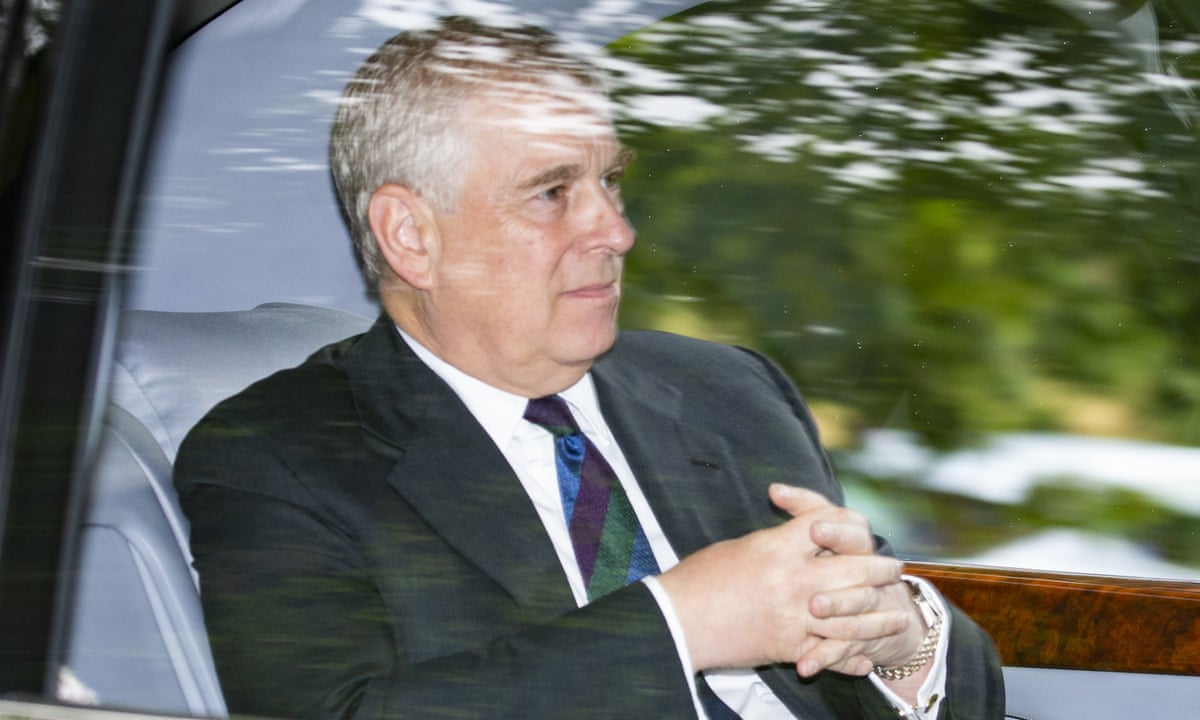
Conclusion
Prince Andrew’s life today reflects a profound transformation from privilege and prominence to quiet withdrawal from public duty. His association with Jeffrey Epstein will likely remain a defining aspect of his legacy, but official actions taken by Buckingham Palace, verified court settlements, and continued legal transparency mark a clear effort to restore integrity to the monarchy.
As the Royal Family under King Charles III continues to modernize and adapt, the story of Prince Andrew serves as both a cautionary tale and a turning point — one that underscores the importance of accountability, verified truth, and ethical responsibility in the public eye.


